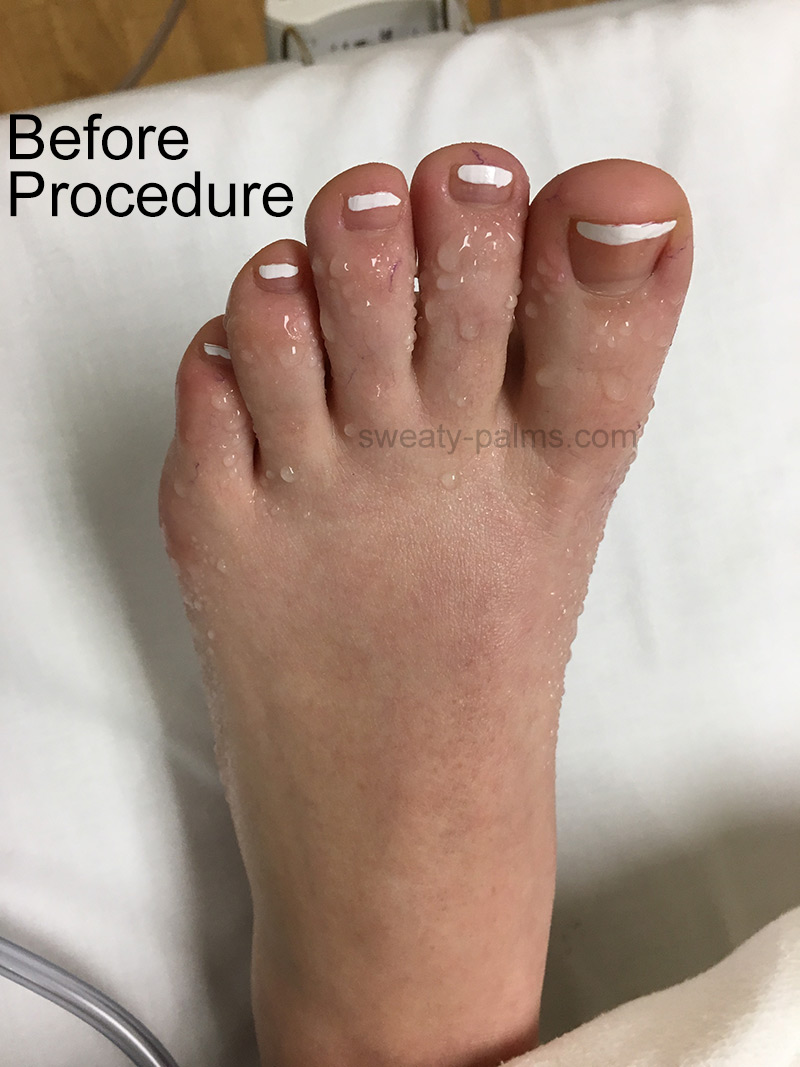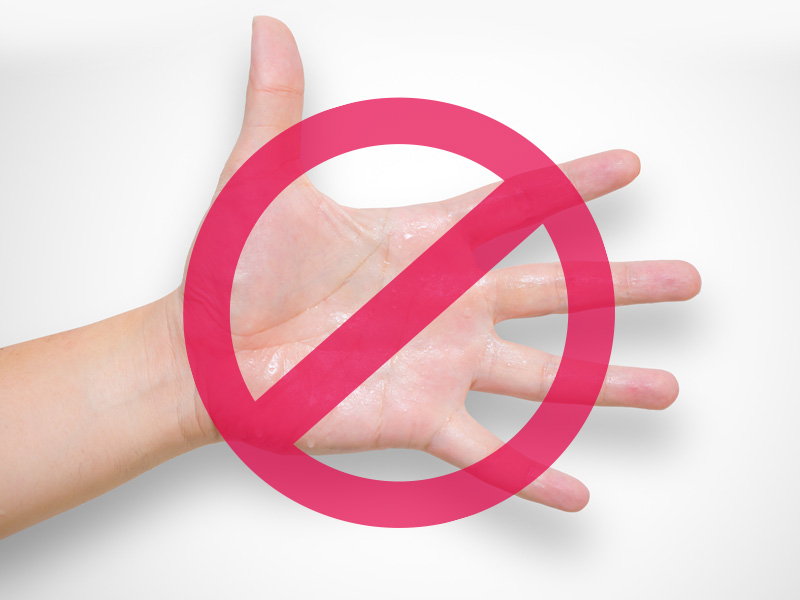Recognizing Excessive Sweating: Dermatology Insights on How to Stop Sweaty Hands
Recognizing Excessive Sweating: Dermatology Insights on How to Stop Sweaty Hands
Blog Article
Recognizing the Root Reasons of Excessive Sweating and Its Effect on Day-to-day Live
While it is commonly comprehended as a physical reaction to regulate body temperature, the triggers for too much sweating can differ widely among people, encompassing not only physical variables yet likewise emotional and emotional components. By diving right into the root causes of hyperhidrosis and discovering its diverse effects, a much deeper understanding of this pervasive concern can be gotten, dropping light on the complexities that people grappling with extreme sweating navigate on an everyday basis.
Physiology of Sweat Glands
The policy of sweat manufacturing, a critical physical process, is mainly controlled by the task of sweat glands distributed throughout the human body. Gland are categorized right into 2 primary kinds: eccrine and apocrine glands. Eccrine glands are one of the most various and are located in mostly all locations of the body. They play a crucial duty in thermoregulation by secreting a watery fluid onto the skin's surface area, which aids and evaporates cool down the body down. On the other hand, apocrine glands are concentrated in locations rich in hair roots, such as the armpits and groin, and their secretions are thicker and milklike in appearance.
When the body temperature level rises, either because of physical activity, high temperature levels, or emotional stress and anxiety, the nervous system activates the gland to produce sweat. This sweat is composed mostly of water and electrolytes like salt and chloride. The procedure of sweat production is vital for keeping the body's inner temperature within a narrow, ideal variety, highlighting the critical duty gland play in human physiology.
Triggers for Excessive Sweating
In understanding the origin triggers of extreme sweating, it is essential to identify the triggers that can lead to this physical reaction. Physical exertion, high temperature levels, and spicy foods are also recognized to activate too much sweating in individuals susceptible to this problem.
Moreover, medications such as some antidepressants, opioids, and particular supplements can likewise act as triggers for hyperhidrosis. Recognizing these triggers is vital in managing too much sweating successfully - Treatment for hyperhydrosis of hands. By identifying and resolving the particular triggers that motivate extreme sweating in a specific, doctor can develop individualized treatment plans to relieve this condition and boost the individual's lifestyle
Medical Issue Associated
Associated with too much sweating are various medical problems that can exacerbate this physiological action. One common condition is hyperhidrosis, a condition identified by unusually raised sweating that surpasses the body's thermoregulatory demands. This can manifest in focal areas like the palms, soles, underarms, or face, influencing a person's lifestyle because of social humiliation and discomfort.
Additionally, endocrine disorders such as hyperthyroidism, diabetes, and menopausal warm flashes can likewise lead to excessive sweating. Hyperthyroidism causes an overflow of thyroid hormones, increasing metabolic process and setting off sweating.
In addition, infections like endocarditis, consumption, and hiv have been linked with night sweats, a common signs and symptom understood to disrupt rest and affect total health. These medical conditions highlight the varied variety of underlying factors that can add to excessive sweating, demanding complete assessment and monitoring by medical care experts.
Emotional and Emotional Factors

Impact on Social Interactions
Too much sweating can have profound results on an individual's capability to involve easily in social communications. The visible indicators of sweat stains or wet spots on clothing can cause embarrassment and self-consciousness, triggering individuals to withdraw from social scenarios. This withdrawal can impact partnerships, limit social activities, and prevent personal and expert growth.

Furthermore, the stress and anxiety and self-confidence concerns originating from too much sweating discover this can affect communication and interpersonal skills. Individuals may battle to concentrate on conversations, join group activities, or express themselves confidently. This can lead to feelings of isolation and loneliness, as social connections become challenging to preserve.
Verdict

While it is frequently understood as a physiological response to manage body temperature level, the triggers for extreme sweating can vary extensively amongst individuals, encompassing not just physical elements however also psychological and mental aspects. By delving right into the root causes of hyperhidrosis and discovering its diverse effects, a much deeper understanding of this pervasive issue can be gained, losing light on the complexities that people grappling with extreme sweating navigate on a day-to-day basis.
Physical effort, high temperatures, and spicy foods are likewise known to cause extreme sweating in people susceptible to this condition. By recognizing and resolving the certain triggers that prompt too much sweating in an individual, medical care suppliers can develop tailored treatment strategies to reduce this problem and improve the person's top quality of life.
Extreme sweating can have profound results on an individual's capability to involve conveniently in social communications.
Report this page